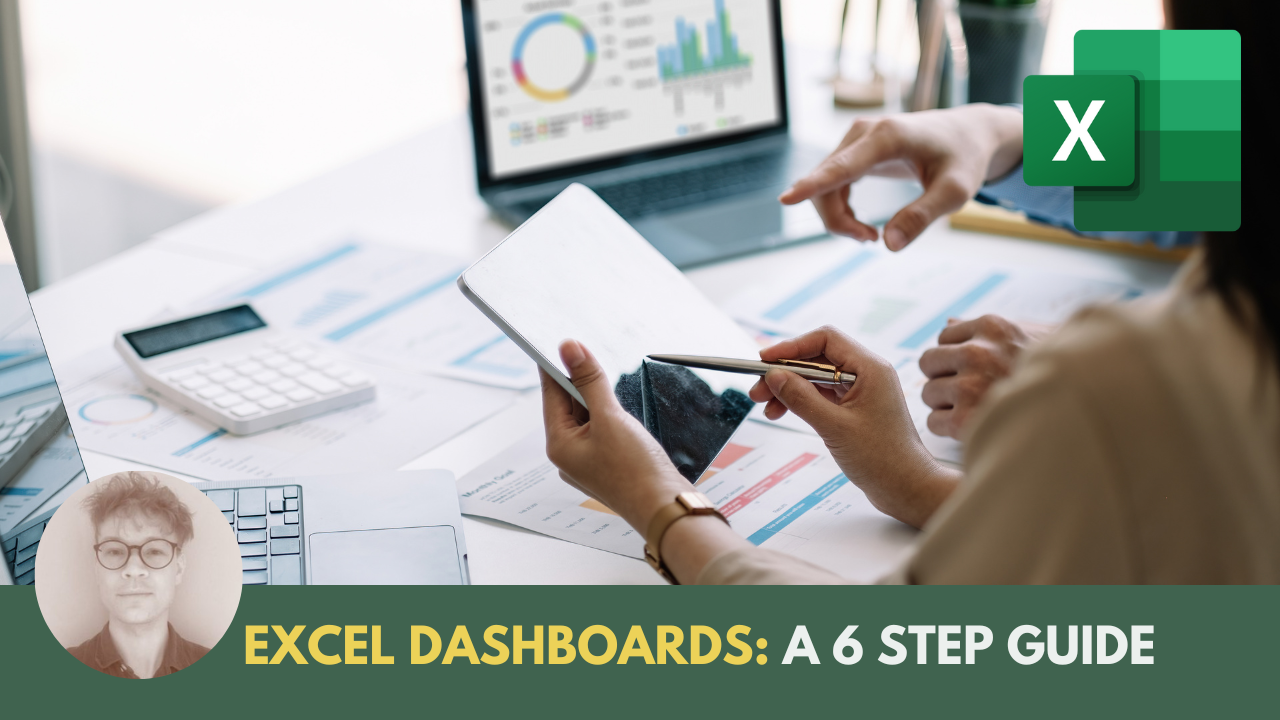Ekonomisk analys i Excel: Meet Carl
Below is an interview with Carl Stiller, co-creator and project manager for the development of our new course “Ekonomisk analys i Excel”. Learn more about Carl, why you should use Excel and more about the course.
Hi Carl! Who are you?
Hi! I am a certified Civilekonom and Business Controller from Stockholm. I have a total of 17 years’ experience within the FP&A profession and as a consultant. I live in Tyresö outside Stockholm with wife, 3 kids and in my sparetime I do a lot of sports including sea kayaking. This year I am going to do the “Svensk Klassiker” for the fourth time. I am also a member of the board of Akavia where my objective is the focus on work environmental questions.
How did you end up becoming an Excel specialist?

I first came in contact with Microsoft Excel at my first controller position at LG Electronics in 2005 and it was love at first sight. I inherited a couple of basic files for sales reporting, and I quickly learned the functions and formulas and after a couple of weeks I had developed brand new models for reporting in the Nordics with more value-added insights.
A long the years I have progressed according to the needs in my job as a finance professional. I have worked a lot with big data, analyzing complex content and been responsible for management and board reporting. If you have this kind of role, you must work smart and this is why I have been learning a lot about formulas, functions and during recent years, Power Query and Power BI.
I have developed basically due to my own research and testing new ways solving problems in Excel.
What is you recommendation to someone who want to level up in Excel?
First of all you must figure out what you need you have, or what you want to accomplish with Excel or any other tool that you possess at work.
If Excel is the tool to use, you can either take a course or invest time in finding the skills and functions you need by exploring Microsoft Excel or social media. You are probably to invest a lot of extra time at the beginning, and it might discourage many people, but if you do the advantages are awesome.
One mind-set that is key is that, if you end up doing something manually that requires a lot of time, there are probably a smarter way. The only problem is that you just don’t have the knowledge yet.
Sometimes you must sacrifice valuable time that you might not have, and you might fail, but then you learn not how to solve the problem and can move forward finding another solution. Exploring and testing might take you far in your skillset. Also, asking a skilled colleague is important…someday colleagues might come to you for advice.
Why Excel and not some other software?
To me, Excel is what pen and paper was for accountants many years ago. It is a tool to solve complex mathematical and financial problems. There are many other data solutions that I also use, but in the end, Excel is the go-to tool and the tool between for instance your ERP system and your BI system.
I am truly impressed with the software that Microsoft continues to develop. If you look at the massive amount of complex data that you can compile, map, analyze and present with a few KPIs and report you will be impressed.
What is Excel hell?
Many companies claim they live in Excel hell and have hard time moving to something smarter like a suitable BI system. It might be caused by their internal processes or lack of knowledge in their other programs. I might also be dependent on inherited Excel models that no one fully owns which once used to fulfill the need that have changed.
The reason why they experience “hell” is rather due to lack of knowledge on how to use Excel to work smarter and solve problems rather then making new ones. You can choose what to use Excel for depending on your need and skill.
I mostly use Excel for complex analysis…gather, map and also present data, is done with Power Query and sometimes in Power BI. If you have a little less complex data and basic visualizations to create, Excel suits the needs. One should not make it more complicated than it needs to.
Why did you create this course?
First of all I like to work with Excel and I also like to cooperate with Learnesy and with CEO Marcus Andersson and his team who creates excellent e-learnings. Further, I am always asked by colleagues at work how to use Excel at the same time that I saw that there was a need for a course that specifically focused on daily questions for controllers, accountants or CFO’s.
The course is packed with examples that you stumble across on you daily work as a finance professional and I think that we managed to create a course with the help of Emil Lageroos that truly is useful to take. The advantage with the e-learning course is that can take it in your own time and also use it as a library if you want to return a lookup something. Also, we invested a lot of time gathering input on what parts of Microsoft Excel that a controller or accountant need to know so we truly selected the core but also advanced functions that will make you skilled.
Any advice to anyone who are about to take the course?
Have fun and work with the attached files and examples. Regard them as ways of illustrating reports or examples on how to calculate and review, for instance the result of a company. After taking the course you have learned a lot and you can develop you own method’s and models.
Where can I find the course Ekonomisk analys i Excel?
You can find the course by visiting Learnesy’s shop, or by clicking here.
Good luck, I hope you try the course!
/ Carl Stiller














